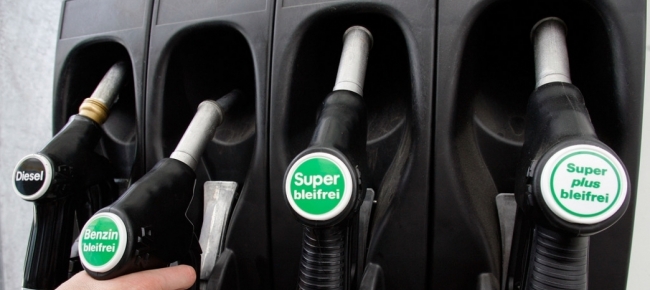Petrol and diesel have broken through the psychological threshold of 2 euros per liter . The Codacons underlines how the cost of gasoline marks an average + 39.3% compared to the same period of 2021, while diesel oil even rises by + 51.3%. In more difficult to reach areas, such as the islands, the increases are even more significant than in the rest of Italy with peaks above 2.5 euros.
What causes the increase in petrol?
The increase in prices is the result of three factors: the increase in the price of oil , the effect of the exchange rate between the euro and the dollar and the combination of the excise duty on fuel and VAT . The first two elements are influenced by the ongoing war in Ukraine . The third is the only aspect on which courageous intervention by the government is hoped.
Codacons is among the first to ask for timely intervention, asking for VAT to be suspended until the end of the energy emergency and for taxes to be reduced by lowering VAT from 22 to 5% . And then there is the eternal question of excise duties , a decisive component for defining the final price of fuels. Politics (remember Salvini?) Has often talked about cuts in these taxes without ever realizing them. But what are excise duties and how much do they weigh on the prices of petrol, diesel, LPG and methane gas? What do we really pay when we fill up our car?
What are excise duties?
We have been hearing about it every day for some time, well before the emergency following the war in Ukraine, but not everyone knows what excise duties are. They are indirect taxes created to finance states of necessity, born out of sudden emergencies, or to finance moments of crisis in the state quickly and effectively, but which have actually consolidated over time, adding to other additions from time to time. since the time of the Suez crisis (1956). In fact, it is excise duties that weigh so much on the exorbitant costs of gasoline.
And among the sad Italian records is that of having the highest excise duties in Europe . If we exclude the Netherlands, where excise duties are equal to 0.79 euros per liter, our country has a second negative place, with 0.73 euros per liter of petrol. Following in the ranking of European countries with the highest taxes on petrol are Finland and Greece (0.70 euros per liter) and just outside the top five are France (0.68 euros per liter) and Germany (0.65 euros per liter). EUR).
Fuel excise duties: what and what they are and why we pay them
Excise duties are a tax that the state places on the manufacture or sale of certain consumer products such as cigarettes, alcoholic beverages, matches, electricity and lubricating oils. The most consistent are those on mineral oils and their derivatives, namely petrol, diesel, LPG and methane gas. Example of indirect tax, which unlike VAT, is applied not as a percentage, but according to quantities decided by the Institution. In fact, once the emergency is over, successive governments, from right to left, have always forgotten to remove the purpose tax.
Can excise duties be lowered?
Adjusting the excise duty down could reduce the impact of pump price increases, but it would also have an immediate effect on state finances. As regards the overall taxation (excise duties plus VAT), in 2020 the tax revenues deriving from petroleum products are estimated to be around 31.8 billion euros . The previous year, the revenue had even been 7.6 billion higher. It is impossible for the government to find alternatives to such significant and secure revenues over time.
Curious about all the excise duties? Here is the complete list of excise duties we pay every time we stock up:
financing of the Suez crisis (1956) – 0.00723 euros;
post -Vajont disaster reconstruction (1963) – 0.00516 euros;
post -flood reconstruction of Florence (1966) – 0.00516 euros;
reconstruction after the Belice earthquake (1968) – 0.00516 euros;
post -earthquake reconstruction in Friuli (1976) – 0.00511 euros;
post-earthquake reconstruction of Irpinia (1980) – 0.0387 euros;
funding for the UN mission in Lebanon (1982 – 1983) – € 0.106;
funding for the UN mission in Bosnia (1996) – 0.0114 euros;
renewal of the autoferrotranvieri contract (2004) – 0.020 euros;
purchase of ecological buses (2005) – 0.005 euros;
post-earthquake reconstruction in L’Aquila (2009) – 0.0051 euros;
funding for culture (2011) – 0.0071;
financing of the Libyan migration crisis (2011) – 0.040 euros;
reconstruction due to the flood that hit Tuscany and Liguria (2011) – 0.0089 euros;
financing of the “Salva Italia” decree (2011) – 0.082 euros;
loan for post – earthquake reconstruction in Emilia (2012) – 0.024 euros;
financing of the “Bonus managers” (2014) – 0.005 euros;
financing of the “Fare Decree” (2014) – 0.0024.

